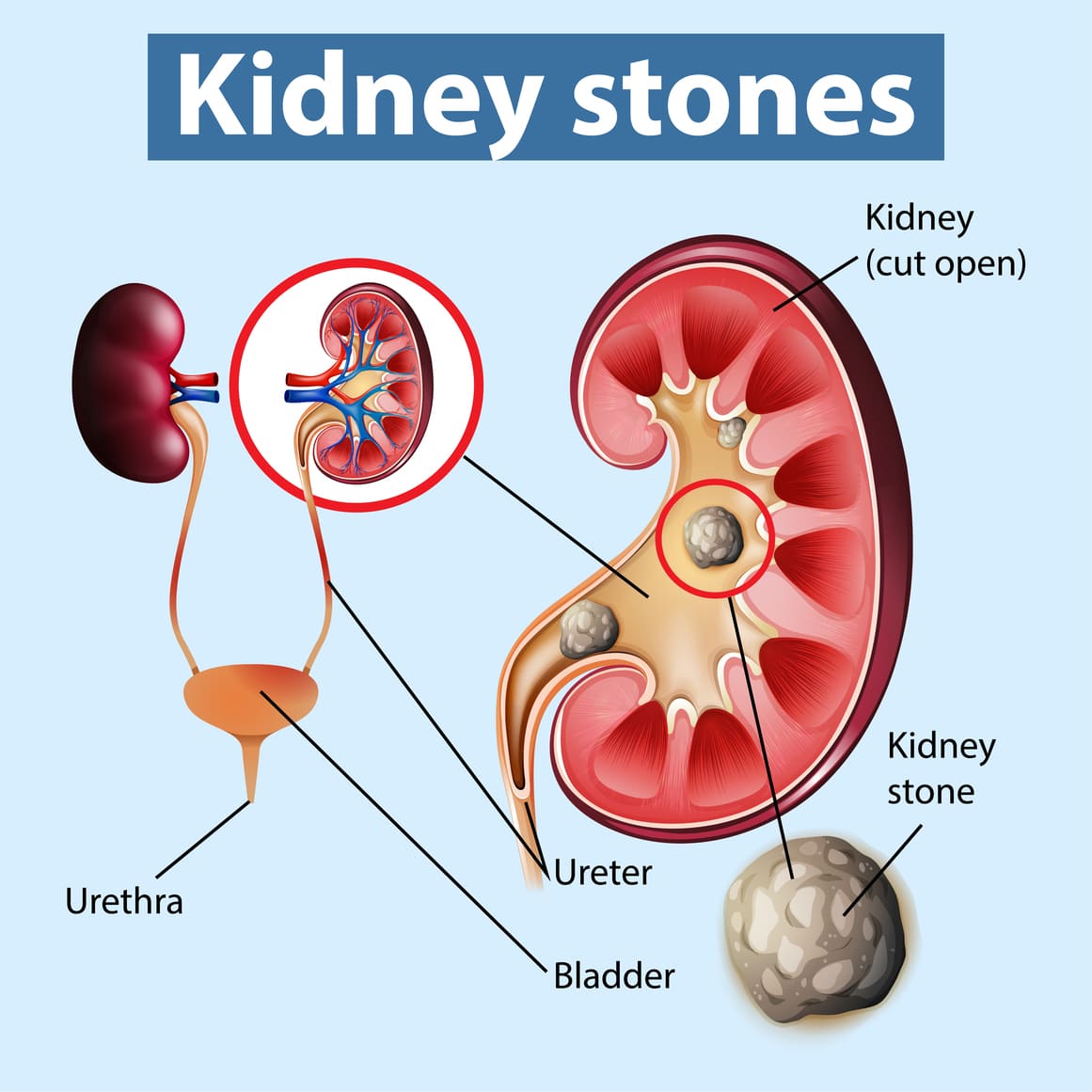Diabetic kidney disease, otherwise known as diabetic nephropathy, is considered one of the severe complications arising from improper management of diabetes. High blood sugar levels for prolonged periods can damage the kidneys. It does so by affecting the renal ability to filter waste products adequately from the blood and brings about a gradual deterioration of its function.
Understanding the different stages of the condition enables early intervention and better management. This article guides you through the stages of diabetic kidney disease, its symptoms, and how to prevent or slow its progression.
Early Stages: The Silent Threat
One of the most concerning aspects of diabetic kidney disease is that it often starts without any noticeable symptoms. In the early stages, you might feel perfectly fine, even though kidney damage occurs. This is why regular check-ups are so important for individuals with diabetes.
Doctors often rely on blood and urine tests to identify early warning signs. A prevalent indicator is the level of albumin, a type of protein in urine. High levels indicate that the kidneys do not filter as they should. Early diagnosis prompts timely treatment and possibly prevents further damage.
The Five Stages of Diabetic Kidney Disease
Diabetic kidney disease goes through various stages in which kidney damage progresses. For instance, stages 1 and 2 have subtle and sometimes no symptoms, discovered mainly by routine tests. The advancement of the disease to stages 3 and 4 has a severe decline in kidney function, with symptoms such as swelling and extreme fatigue. The final stage is stage 5, where the kidneys cannot function and lead to failure that requires dialysis or a transplant.
Slow the Progression of Diabetic Kidney Disease
While diabetic kidney disease is a very severe condition, there are several steps you can take to prevent or slow its progression. Controlling diabetes and adopting a healthy lifestyle is critical to protecting your kidneys. Work closely with your doctor to improve blood sugar level control, check blood pressure monitoring, and check the kidneys’ function frequently. Quitting smoking, limiting salt and protein intake, and staying hydrated are some additional measures that will be helpful.
Adopting these lifestyle changes and following your doctor’s recommendations can significantly reduce your risk of developing or worsening diabetic kidney disease and improve your overall quality of life.
Take control of Diabetic Kidney Disease
Diabetic kidney disease is a severe disease, but it needn’t be the end of your life. It’s important to catch it early and manage it consistently. But you don’t have to suffer in isolation with this condition. Healthcare professionals manage all types of such diseases to create a personalized plan for the patient and guide him toward a better health outcome.
At Vascular Health LLC, we are happy to support patients diagnosed with chronic conditions such as diabetic kidney disease. Our team here is committed to advanced treatment to ease symptoms and improve the quality of life.




